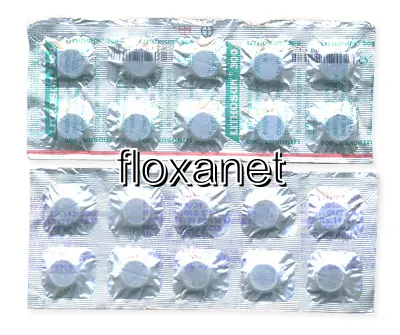Shop Lithium Carbonate Online in the USA
| Package | Dosage | Price | Price per Dose | |
|---|---|---|---|---|
| Dosage: 300mg | ||||
| 360 pill | 300mg | $374.75 | $1.04 | |
| 180 pill | 300mg | $209.57 | $1.17 | |
| 120 pill | 300mg | $159.61 | $1.33 | |
| 90 pill | 300mg | $130.46 | $1.44 | |
| 60 pill | 300mg | $97.15 | $1.61 | |
| 30 pill | 300mg | $55.51 | $1.85 | |

Lithium Carbonate Description
Introduction to Lithium Carbonate
Lithium carbonate is a well-known medication primarily used for the treatment of mood disorders, especially bipolar disorder. It has been prescribed for decades and remains one of the most effective treatments for stabilizing mood swings. Patients taking lithium carbonate often find it helps reduce the severity and frequency of manic and depressive episodes. Its mechanism involves influencing the flow of ions in nerve and muscle cells, which helps regulate mood and behavior.
Effectiveness and Benefits
Many individuals report significant improvements in their mental health after starting lithium carbonate. It is especially praised for its ability to prevent manic episodes, which can be disruptive and dangerous. In addition, lithium has some anti-suicidal properties, making it valuable for patients at risk. Its mood-stabilizing effects usually become noticeable within a few weeks of consistent use. For some, achieving the right dose results in marked improvements in daily functioning and quality of life.
Administration and Dosage
Lithium carbonate is typically administered in pill form, with the dosage tailored to each patient's needs. Your healthcare provider will determine the correct dose based on factors such as age, kidney function, and severity of symptoms. It is essential to follow the prescribed schedule closely. Regular blood tests are necessary to monitor lithium levels and avoid toxicity. Patients are advised not to adjust their dose without consulting their doctor, as overdose can be serious.
Possible Side Effects
While many patients tolerate lithium carbonate well, some may experience side effects. Common issues include increased thirst, frequent urination, weight gain, and mild tremors. Less commonly, individuals may encounter gastrointestinal discomfort, fatigue, or cognitive disturbances. Long-term use requires monitoring for potential effects on kidney function and thyroid health. Serious side effects are rare but can include lithium toxicity, which mandates immediate medical attention.
Precautions and Interactions
It is crucial to inform your healthcare provider of any other medications you are using, as lithium can interact with various drugs. Nonsteroidal anti-inflammatory drugs (NSAIDs), diuretics, and certain antibiotics can affect lithium levels and increase toxicity risk. Patients should also be cautious with alcohol consumption, as it can interfere with treatment and increase side effects. Regular health check-ups are vital to ensure the medication remains safe and effective over time.
Conclusion
Lithium carbonate remains a cornerstone in the treatment of bipolar disorder. Its proven effectiveness in stabilizing mood and reducing suicidal thoughts makes it a valuable option for many patients. However, due to its narrow therapeutic window, careful monitoring is essential. When used correctly under medical supervision, lithium carbonate can significantly improve the course of mood disorders, allowing patients to lead more balanced and productive lives.